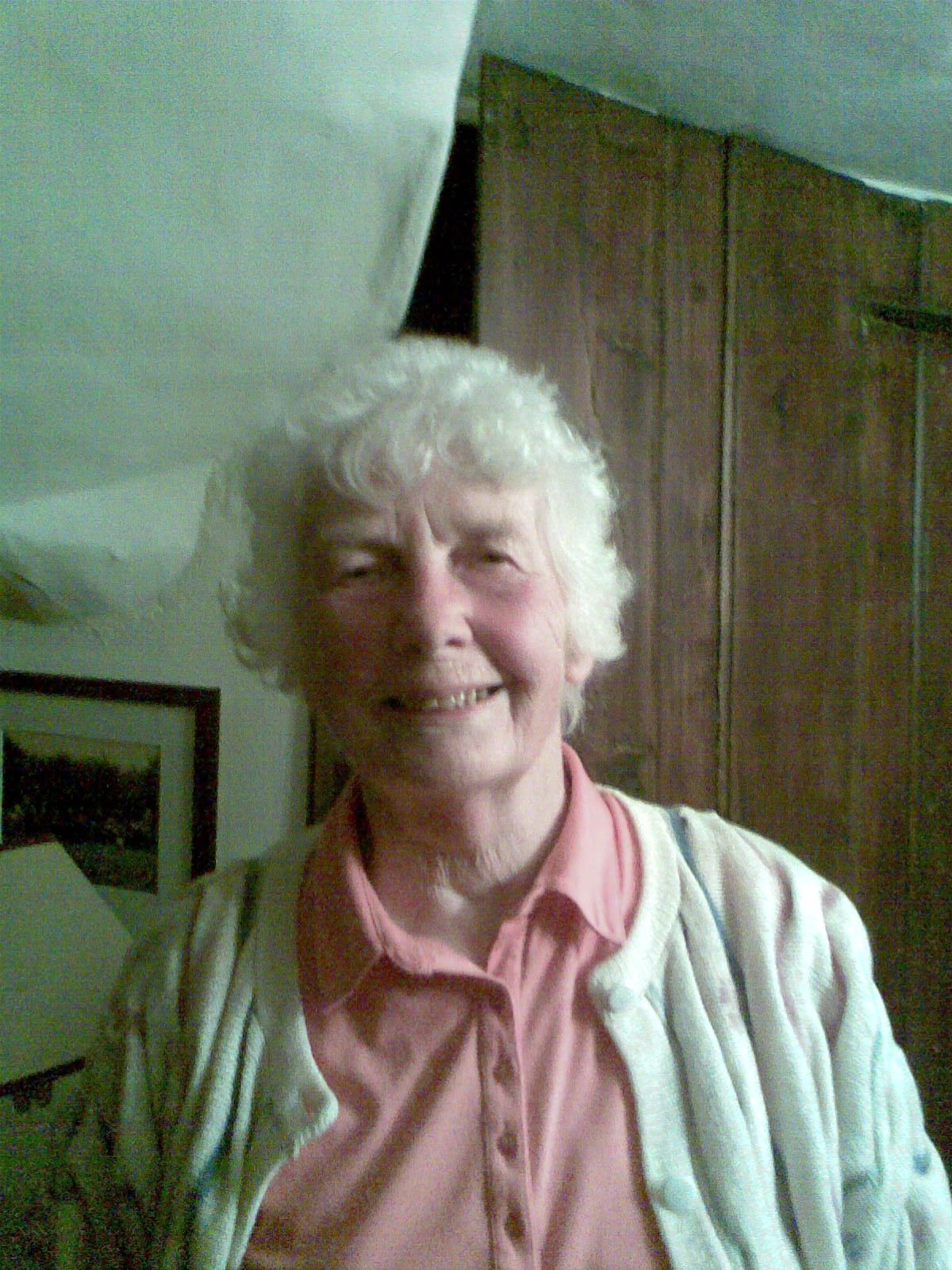Paul Tillich in his sermon Faith and Uncertainty comments “When we have left behind all objective probabilities about God and the Christ, and all subjective approximations to God and the Christ, when all preliminary certainties have disappeared , the ultimate certainty may appear to us. And in this certainty, although never secure and never without temptation, we may walk from certainty to certainty.” (The New Being 1956)
Tillich’s sermon seems to me to be addressing the issue of containment. Something that as a therapist, is an integral part of my work. There are various “techniques” that help containment. Fixed appointment times, the same room, the same length of session time. All these help but what is central is that as a therapist one is consistent-both internally and externally. The external world can change a little without ill effect. But if who one is as a therapist changes, then the containment is threatened. But containment needs some flexibility if it is not to become a strait jacket. (The word “containment” has its roots in the idea of stretchiness or flexibility.) Tillich uses the word “certainty” which must also allow for some flexibility. We’ve all met the fundamentalist of any shade or opinion whose certainty becomes a strait jacket rather than something more giving and flexible.
In my clinical practice 95% of my work focuses on containment. Or lack of it. (Or at lease a containment that somehow did not provide the balance between flexibility and fixedness.) The parent who was an alcoholic. Or the parent whom work was the all important aspect of their life. The mother who was terrified of her own sexuality and attempted to repress it in her children. The list is long. The mother who had an anxious mother and who herself passes on anxiety to her children. The list is long but all have in common a lack of holding or containing.
Compare these two images. Both show containment but done in such different ways. One restrictive and restraining, The other flexible and attentive.
Tillich suggests that we may have to let go of all our subjective and preliminary certainties in order that ultimate certainty may appear. It holds true for parenting. My mother was a Spock mother who read Spock as if he were the bible. She followed his advice religiously. My mother-in law also read Spock and found his advice useful, but found his assertion that, “Mother knows best. Trust your instincts.” much more helpful and liberating. From here she could move from certainty to certainty- albeit never entirely without doubts and temptations.The same is true in clinical practice. I can say something important about what is happening in the room between me and my patient. But it is always tentative and equivocal. Which is the paradox at the centre of Tillich’s assertion that In order to find ultimate certainty we have to let go of many to our other cherished certainties. In T.S.Eliot’s words,”We shall not cease from exploration. And the end of all our exploring will be to arrive where we started and know the place for the first time.
This is what good containment offers us. “The chance to drive where we started and know the place for the very first time.”
Don't give up









